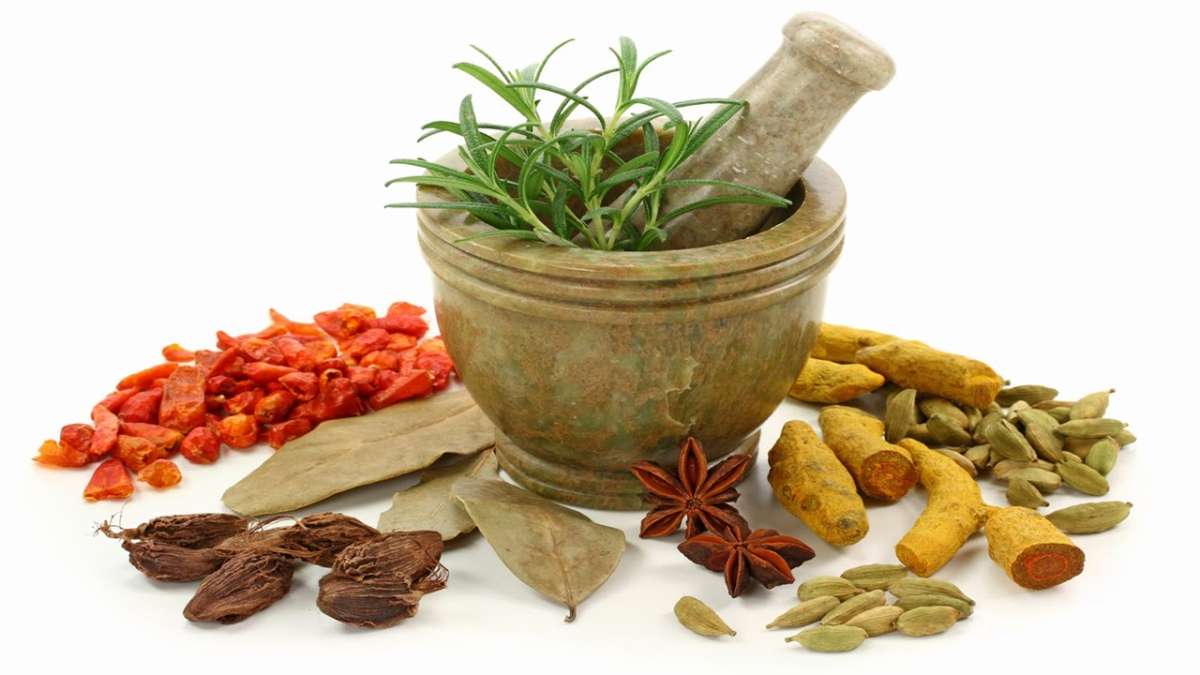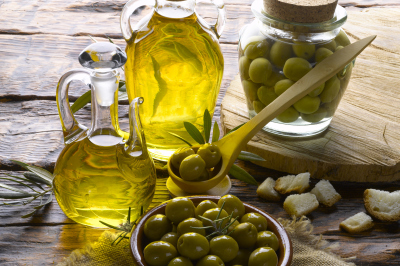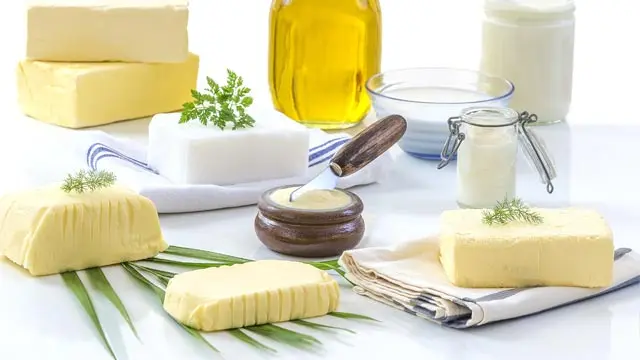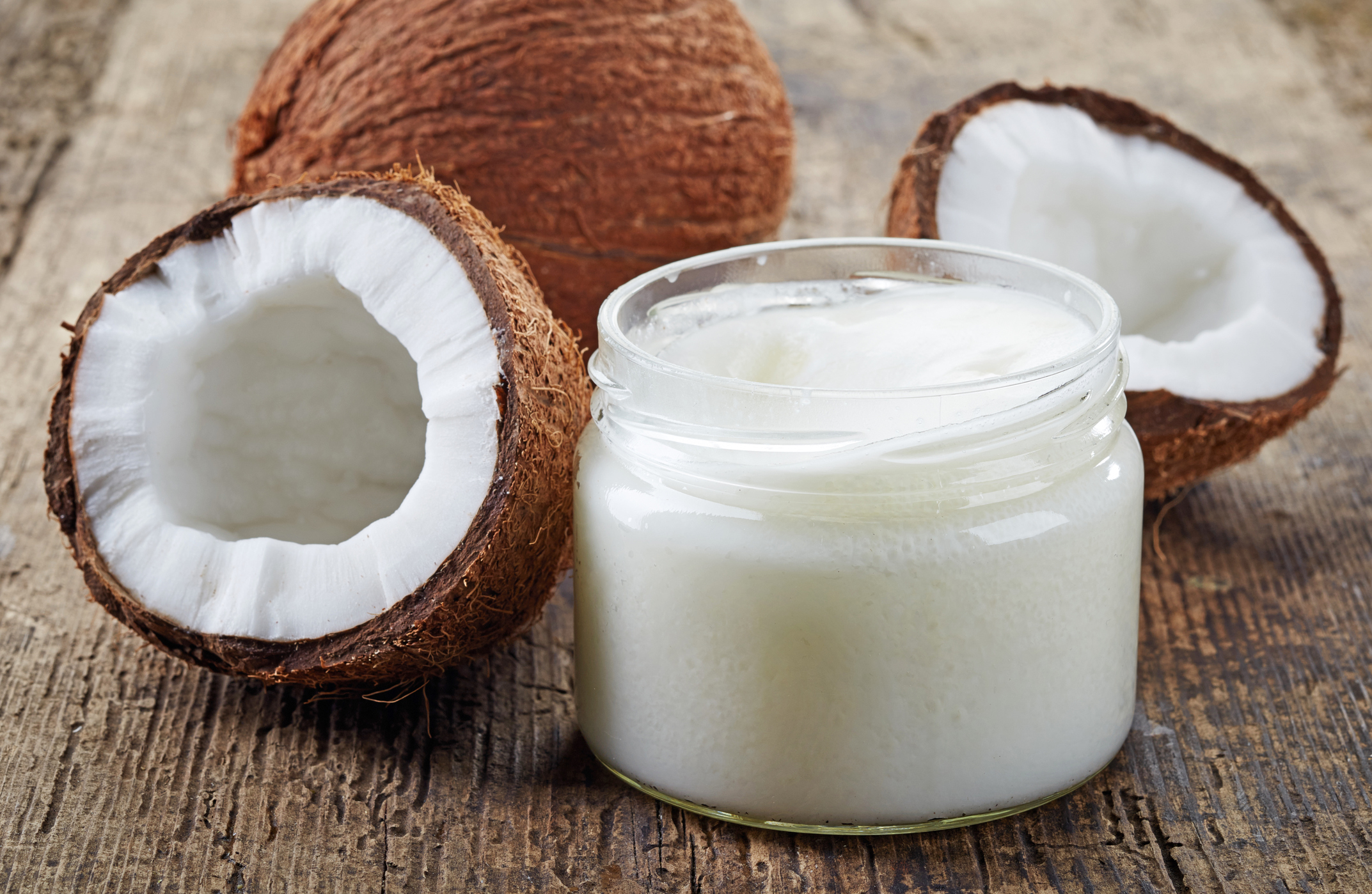Our world is moving quickly. Many of us have very little down time and lots of pressure to constantly perform at a high level. We need to have a great career, be in the best shape, and have a fabulous marriage. Our kids need to be academic geniuses, athletically gifted, and get into prestigious colleges and universities. Having the latest designer clothing and the most expensive car we can afford (or not) proves our success. We then post it all on Facebook so we can compare ourselves to each other.
 |
In reality, our job isn’t the dream we thought it would be, and we are working long hours. Our second job as parents includes shuttling kids all over town and finding time to cook and eat dinner.
What can all this frenzy lead to? Stress. We are frazzled, rushed, and trying to do it all. As a result of all this stress we can experience weight gain, anxiety, fatigue, depression, and digestive issues. The physical symptoms of stress become normal and the doctor prescribes medication. Long term chronic stress can lead to heart disease, high blood pressure, diabetes, and other serious illness.
Even though we cannot completely eliminate stress from our lives, the good news is that there are better ways of coping with stress in order to reduce the effects on our health. Self-care is essential for your physical and mental health and well-being. Self-care is at the bottom of the list for most women, giving way to the mother, wife and any other role that needs to be filled. So how do you keep up?
Self-Care
Action 
1. Herbal Help
Holy Basil Tincture Holy basil, also known as tulsi, is an adaptogenic herb that works to keep the body in balance. It can increase energy and is often used for chronic fatigue. Used regularly, it has shown to be very effective in dealing with life’s aggravating daily stressors, as well as the stress of traumatic life events. A typical tincture dose is 2-4 mL, 3 times per day.
Herbal Tea: Teas
offer additional benefits when treating stress. Making tea, inhaling the aromas
and slowing down to sit and drink the tea enhance the experience and the
actions of the herbs. Try using a single
herb tea first so you can feel the effects and get to know the herb and its
effects. You can then get creative. Use the chart below and pick the herbs
based on what you are feeling.
|
HERB |
USES |
|
chamomile (Matricaria
recutita) |
relaxing, sedative, antianxiety, digestive issues |
|
milky oats (Avena
sativa) |
overall stress, fatigue from stress, anxiety |
|
california poppy (Eschscholzia californica) |
restless sleep, sleeplessness from worry |
|
motherwort (Leonurus
cardiaca) |
parenting stress, new mother stress, frazzled
nerves |
|
skullcap (Scutellaria
laterifolia) |
busy mind, insomnia from overthinking,
nervousness, edginess, overwhelmed |
|
linden (Tillia
Americana) |
relieves tension (headaches, shoulders),
palpitations |
|
Lime tree (Tilia
europaea) |
Good for restlessness, mild insomnia, tension
headaches, hypertension |
|
rose (Rosa
rugosa) |
mood lifting, calming, soothing, relaxing |
|
catnip (Nepeta
cataria) |
restlessness, nervousness, winding down for sleep |
|
lemon balm (Melissa
officinalis) |
life stress, nervousness, tension, digestive
issues |
Start by using chamomile or milky oats as a base, then pick and choose other herbs from the chart. Use two parts of the base herb and then add one part of the additional herbs. Sweeten to taste with honey if desired. Sip and relax.
1.
Diet and Exercise
Simply put, our diet needs to consist of whole foods, organic or locally grown when possible. We need to eliminate or minimize processed food and sugar as much as we can from our diet.
Move your body every day. If you are a
gym enthusiast, that’s phenomenal. There
are other options though. The trick is finding something that you love doing
like Zumba, yoga, or hiking. Walk with a friend and have great conversation.
Walk on the beach. Walk the dog, or dance to some great music. It will rock
your body and your soul.
2.
Holistic Wellbeing
Aromatherapy: can be highly effective for stress reduction and is easy to incorporate into your everyday life.
· Add a few drops of EO (essential oils) to a cotton ball
and put the cotton ball in my heating vent in your car. Lemon is great for anxiety, refreshing,
rejuvenating and uplifting. These little things start the day off right and
makes commuting much calmer.
· Add one cup of Epsom salts and 2-3
drops of lavender essential oil diluted in a carrier oil to a hot bath. Relax,
sit back, and light some candles
· Diffuse essential oils in your bedroom
Lavender
– for relaxation, insomnia and headaches
Clary
sage – for exhaustion, anxiety and tension.
Very calming
Sweet
orange (Citrus sinensis) –
refreshing, cheerful, and nourishing
Patchouli
– anxiety, mood swings, centering and grounding
· Add a drop of lavender to two tablespoons of olive oil. Massage for muscle soreness and on temples for headaches (keep away from eyes) or tension relief after a long day.
Sing! So it comes as no surprise that scientists have shown that not only does singing in a choir make you feel good, it's got health benefits, too. ... They showed that singing has a dramatic effect on heart rate variability, which is linked to a reduced risk of heart disease. There are a host of psychological and emotional benefits of singing too.
Self Development: Everyone needs to consider their personal goals and experience personal development through their lives. You can routinely monitor your personal development in several ways. Here are some behaviours you complete to keep your growth on track. You don’t need a career change to take a look at your self development targets. You can use these techniques in every area of your life.
· Decide
a specific goal. Whether you want to lose weight, get better at painting or go
to school to get the degree you always wanted, you need to set a goal.
· Once
a goal is set, plan what you need to do to get there. Making a plan gives you a
head start and a path to your goal, whether you apply for financial aid to the
school of your choice or sign up for exercise classes,
· Start
your development process. If you are building new habits, be patient with yourself,
but also be determined to succeed.
· Create a personal development record to keep track of your successes and work through parts of your plan that aren’t working as you’d like them to.
Personal development skills need to continue during people’s lives to ensure that the individual’s life experience is satisfying.
Social and Emotional Well-being: making time for friends and family, a work-life balance as well as having time for your hobbies all help to improve your social and emotional wellbeing. Many people ignore or neglect this part of their life and consequently suffer the ill effects of it.
Mindfulness: It can be easy to rush through life without stopping to notice much. Paying more attention to the present moment – to your own thoughts and feelings, and to the world around you – can improve your mental wellbeing. Some people call this awareness "mindfulness". Mindfulness can help us enjoy life more and understand ourselves better. You can take steps to develop it in your own life.
Digital Detox: In this digital age of online shopping, 4D movies, navigational systems, and social media stalking, we spend more time a day on high-tech devices than we do asleep: 8 hours and 21 minutes to be exact. This growing reliance on technology is taking us down a fast track to becoming mindless robots, fully incapable of functioning without our industrial gadgets. The initial purpose of technology was to serve mankind, but it can hurt us. That’s why an increasing number of health experts are recommending periodic digital detox, or an extended period without gadgets.
Limiting exposure to social media: Anything that takes up large amounts of your time, including work, watching TV, exercising or driving has some impact on your health. The question is whether social media is good or bad for us. The simple answer is that it can be both. Fortunately, there are ways to help reduce its harmful effects while maximizing the benefits.
Ways That Social Media Impacts Your Health
There are a number of ways that social media can have an influence on your health.
·
Addiction to social media. People
who are addicted to social media may experience negative side effects such as
eye strain, social withdrawal or lack of sleep.
·
Stress. If
you spend your time researching problems or arguing with people, you may
experience stress, which can have a negative impact on your health.
·
Emotional connections. Social
media can help you connect with more people and stay in touch with those with
whom you’re already close. Connecting with people has proven health benefits.
· Information. You can find a large amount of health-related information on social media. This can be quite helpful. On the other hand, if you take random advice without doing proper research, it can also be harmful. Finding reputable websites for health advice can be a challenge.
As these points illustrate, there’s no simple answer to whether social media is good or bad for you. Because it’s such a pervasive influence on modern life, it has many positive and negative effects. Let’s look at some of these in a little more detail.
Social Media Addiction
Social media addiction is a real phenomenon. As more people carry around smartphones and other devices wherever they go, it becomes harder to escape the internet. And people increasingly spend their online time on social media sites such as Facebook, Twitter and Instagram. For people who are addicted to these sites, it can have a harmful effect on their lives and even their health. Any addiction is potentially harmful if it saps your energy away from other activities, such as work, physical activity and offline relationships. There are various ways that social media addiction harms your mental health.
Emotional Impact
People use social media for many things, such as socialising, finding and sharing information, shopping and simply as a diversion. Some of these activities are fairly neutral while others may cause strong emotions.
Positive connections with people are important for your mental and even physical health. There’s plenty of evidence that social isolation is associated with a shorter life span, not to mention a diminished quality of life. While interacting with people on social media is not enough, and not a substitute for live interactions, it can be beneficial nonetheless.
The elderly and those who are disabled, who may have limited mobility, can use social media to connect in ways that they otherwise could not. Elderly people can talk to their grandkids. Someone stationed overseas in the military can talk to his or her spouse back home. Friends who live in different countries can chat online. These are just a few of the ways that social media can improve people’s lives.
On the other hand, social media can cause stress and other negative emotions. The issue of cyber-bullying is a good example of this. There are also people who are attached to trolling or arguing about everything from politics to sports. If interacting on social media causes stress, it’s not good for your health.
Impact on Physical Health
Social media can directly impact physical health. This is usually associated with the way you use it. For example:
·
Carpal Tunnel Syndrome. If
you do too much typing, you may experience problems that affect your hands or
wrists. There are also specific problems associated with typing on mobile
phones, which can strain the tendons of your fingers. These problems aren’t all
caused by social media. It can just as easily be caused by having to type term
papers for school or reports at work.
·
Eye problems. You
can get eyestrain from staring at screens for too long.
·
Fatigue. This
is another symptom of overusing social media. If you’re staying up too late
posting on Twitter of Facebook, you may be losing valuable sleep.
·
Lack of exercise. Social
media can cut into time you might otherwise be spending outdoors or exercising.
· Distraction. One of the most dangerous potential consequences of social media addiction is driving while being distracted. As recent stories have confirmed, you can even get hurt texting and walking.
The above are harmful effects that aren’t caused by social media per se, but by overdoing it or being online or texting while you should be concentrating on something else. Some of these, of course, also apply to activities other than social media, such as texting on the phone, writing emails or browsing internet sites.
Accessing Health Information
There are innumerable places to get health information online. If you’re active on Facebook, you probably have friends who post their favourite health advice. You may subscribe to the pages or tweets of celebrity doctors or people who have created diets. You could learn about a potential therapy, cure or drug that’s truly helpful for you or someone you care about.
On the other hand, if you accept everything you see on social media uncritically, you could end up taking bad advice. You should never mistake a tweet or Facebook post as expert opinion. Even if it’s given by a qualified expert, that person hasn’t examined you. At most, you should use social media as the first stage of your research and not the final solution.
Staying Healthy on Social Media
When used consciously and in moderation, social media can have a positive impact on your life and even your health. Here are some general tips to keep in mind.
·
Use social media at certain scheduled
times. Don’t let it interfere with your work, studies or offline relationships.
·
If you have difficulty getting off
social media, try productivity apps that limit your access to certain sites. If
you have a serious addiction problem, seek professional help.
·
Use social media to research health
issues, but always consult with your own doctor before taking any advice.
·
Stay off social media and any
communications platforms while driving or doing anything else that’s
potentially hazardous.
· Stay positive. Don’t waste time arguing with people online.

/herbs-20078c33ceba4d2483660445ecf70801.jpg)






